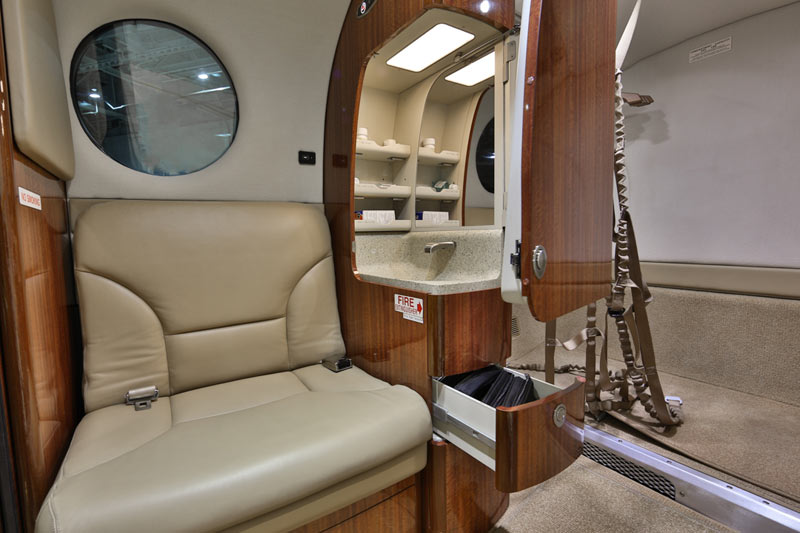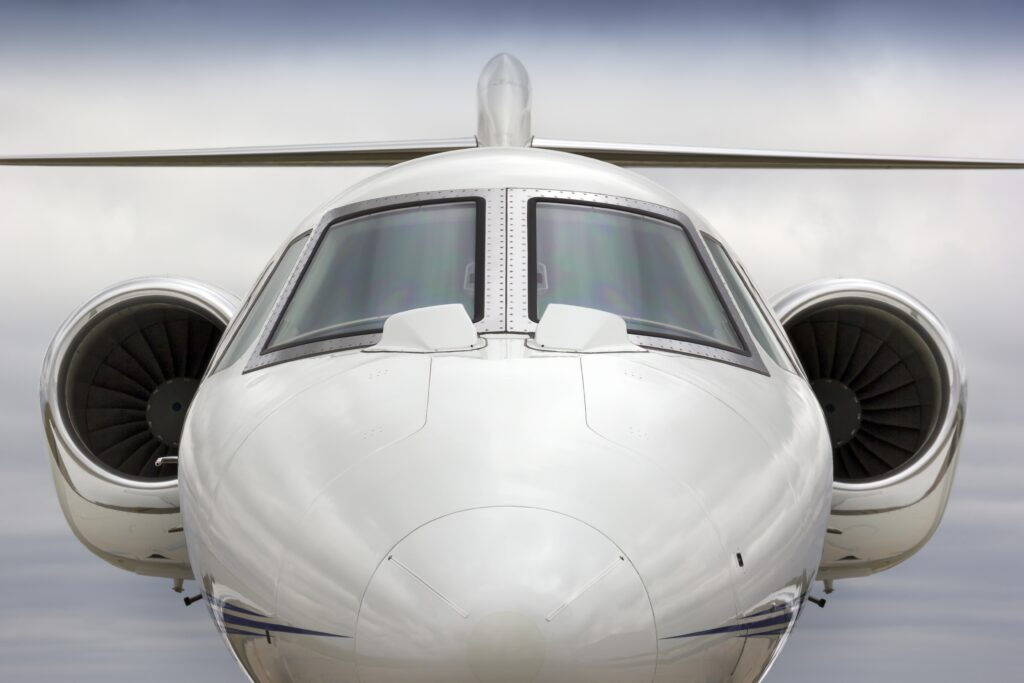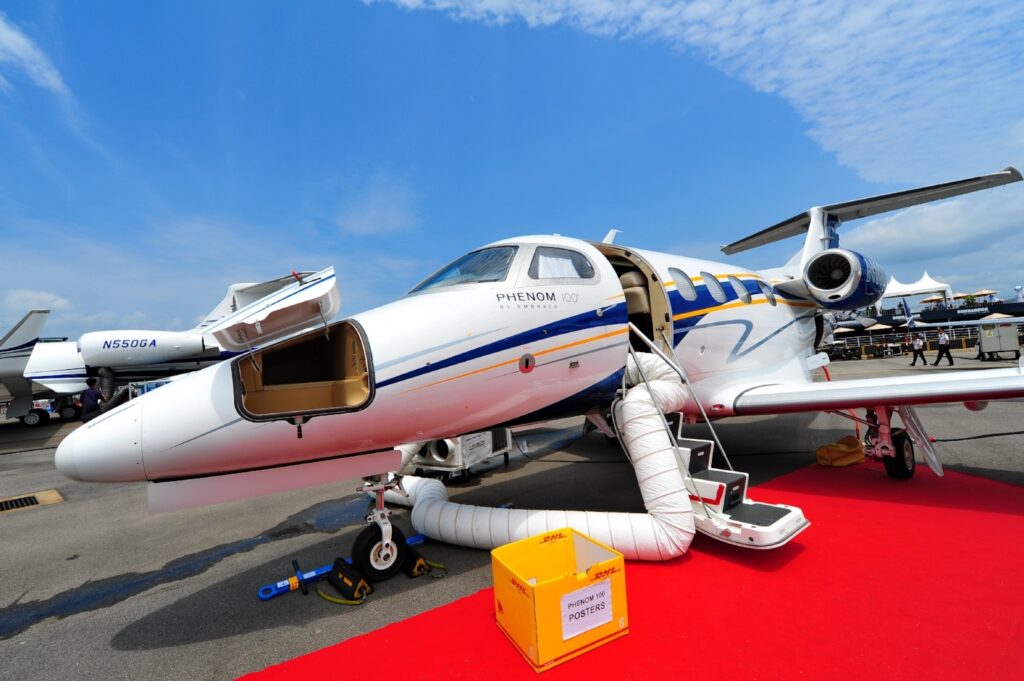Fulfilling the dream of aircraft ownership is exciting, but it doesn’t come without a couple of hoops. In this blog, we’ll cover three areas to consider when navigating the legal and due diligence of aircraft acquisition. You can also check out these video highlights from an interview with Katie DeLuca, Partner at Harper Meyer, on aircraft law.
Negotiation of Aircraft Purchase Agreement
At the start of an aircraft purchase agreement, clearly identify the parties involved in detail, disclosing the seller and buyer, the organization of their entities, and the laws the entities are recognized under. Typically, you give an address for each party at the beginning of the agreement, and then notification information in the middle.
Next, confirm and re-identify all of the information that was gathered during the offer. Additional identifying information such as the engine, APU serial number, or any transferable information or loose equipment is included. The discussion of the purchase price is revisited, as well as deposits, liens, payment terms, funds distribution, International Registry requirements, and tax liabilities. Closing procedures such as required documents and wiring procedures are discussed, as are registration and risk of loss responsibility.
Lastly, the confidentiality and jurisdiction of governing law clauses are reviewed, and warranties and limitations are finalized. Exhibits such as bills of sale, technical acceptance, aircraft specifications, inspection scope, transfer of warranties, and a delivery receipt can oftentimes be included as part of the agreement, with signatures as outlined in the agreement.
Pre-Purchase Inspection
The next step is to schedule a pre-purchase inspection. A pre-purchase inspection gives you insight into the airplane’s condition before you buy it and helps you identify any problem areas. It provides peace of mind when you close, knowing that you have a clean and reliable aircraft. Certain models are known to have trouble spots which will be identified in this inspection. Selecting a service center that is experienced in your aircraft type can be invaluable here, as they may know of any service bulletins issued or soon to be issued by component manufacturers that can impact future costs or reliability.
Items commonly seen on inspections include fuel leak checks, window thickness, corrosion, engine borescopes, logbook, component review, and review of life remaining in parts like brakes and tires. Typical inspections can range from five days to six weeks, and can cost anywhere from $5000 to $100,000, depending on the complexity of the aircraft, its maintenance history and age, and the buyer’s comfort level. Many service centers have established a “menu” of pre-purchase evaluation criteria. When selecting a service center, it’s important to evaluate their longevity and record keeping, as this could be a huge benefit to you long-term.
Using an Aviation Attorney or General Counsel
There are a few different roles in legal counsel in aircraft transactions. You may have in-house counsel, general counsel, and/or tax specialists involved. One speciality we highly recommend, especially if the deal is going to be a little more complex, is an aviation attorney. If it is a straightforward deal or you have already owned an aircraft, in-house or general counsel is sufficient and you can proceed with the aircraft transaction.
Here are some questions to ask an attorney before hiring:
- How much experience do you have with aircraft transactions?
- Do you have experience with transactions in my taxation jurisdiction?
- Do you have connections in other areas of the world for their expertise?
- Are you familiar with the documentation that your financier will require?
- What is your turnaround time for preparation or review of documents?
- What do you support after closing?
- Do you charge a flat rate per transaction or by the hour?
- How many hours do you anticipate?
Make sure that your team will work well together. Clear responsibilities and communication are important, and appointing one person as lead is helpful. It’s important to know you’re working with people you can trust. We recommend getting references!
There’s much more to consider when it comes to the legal and due diligence of purchasing an aircraft. If that’s you, download our eBook on private aircraft acquisition to learn more:





